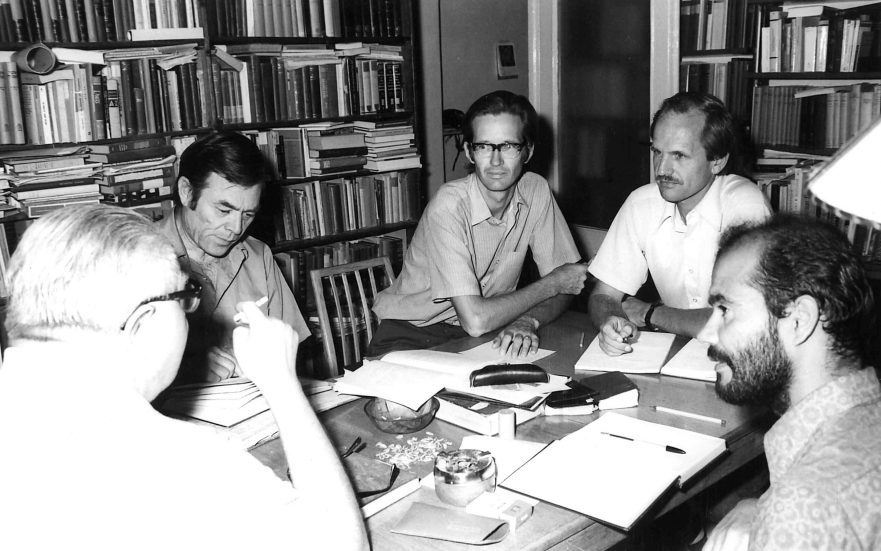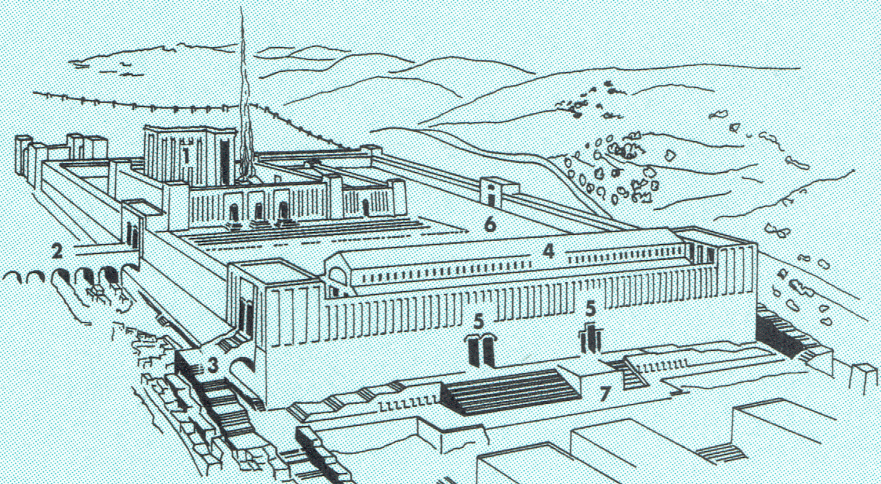The fruit of Dr. Lindsey’s labors endures in those who were blessed to have known him.
Unlocking the Synoptic Problem: Four Keys for Better Understanding Jesus
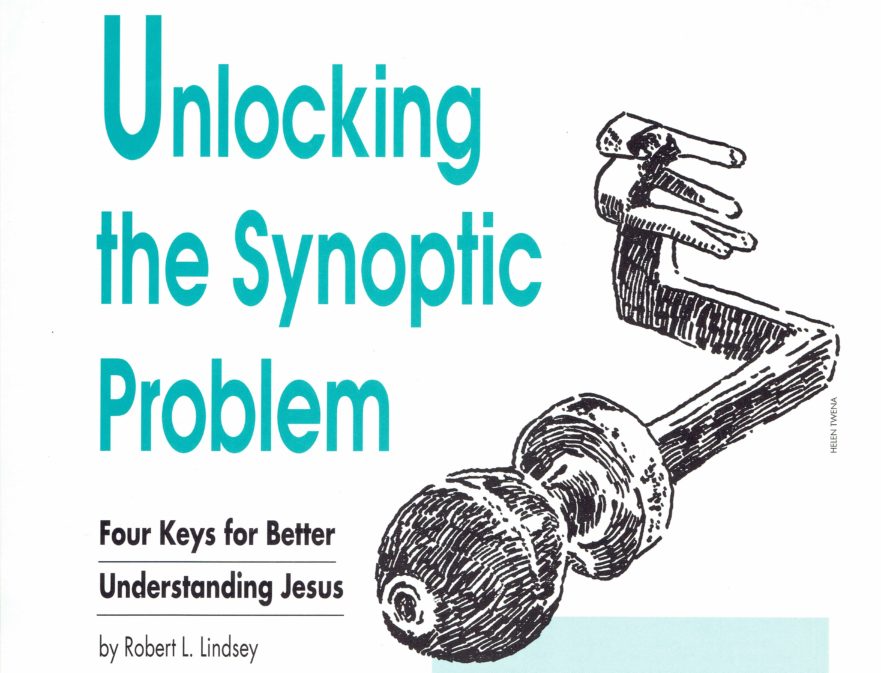
While translating the Gospel of Mark to modern Hebrew, pastor-scholar, the late Dr. Robert Lindsey was forced to conclusions that ran counter to his seminary training. If correct, his conclusions have the potential for revolutionizing New Testament scholarship. In this article, Lindsey condenses the results of a lifetime of research.
Excerpts from a Eulogy
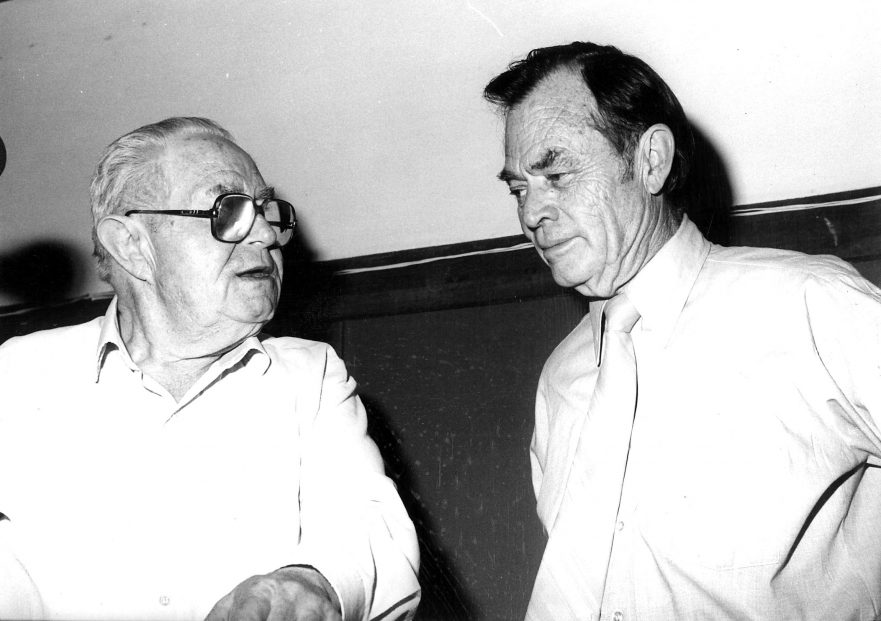
As with most, if not all, truly great people, Robert Lindsey remained totally unaware of his greatness.
Milestones in the Life of Robert Lisle Lindsey
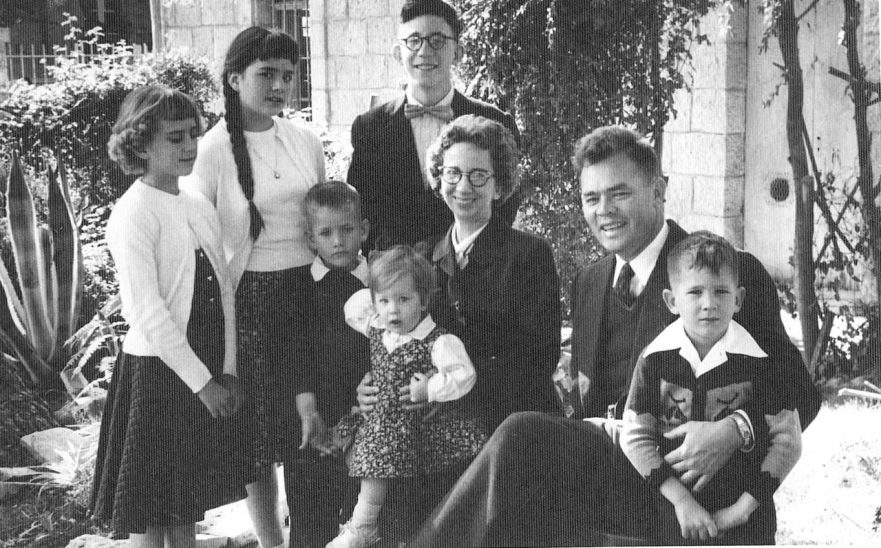
Robert L. Lindsey was born in Norman, Oklahoma on August 16, 1917. Here are some of the milestones in his life.
Practicing What He Preached
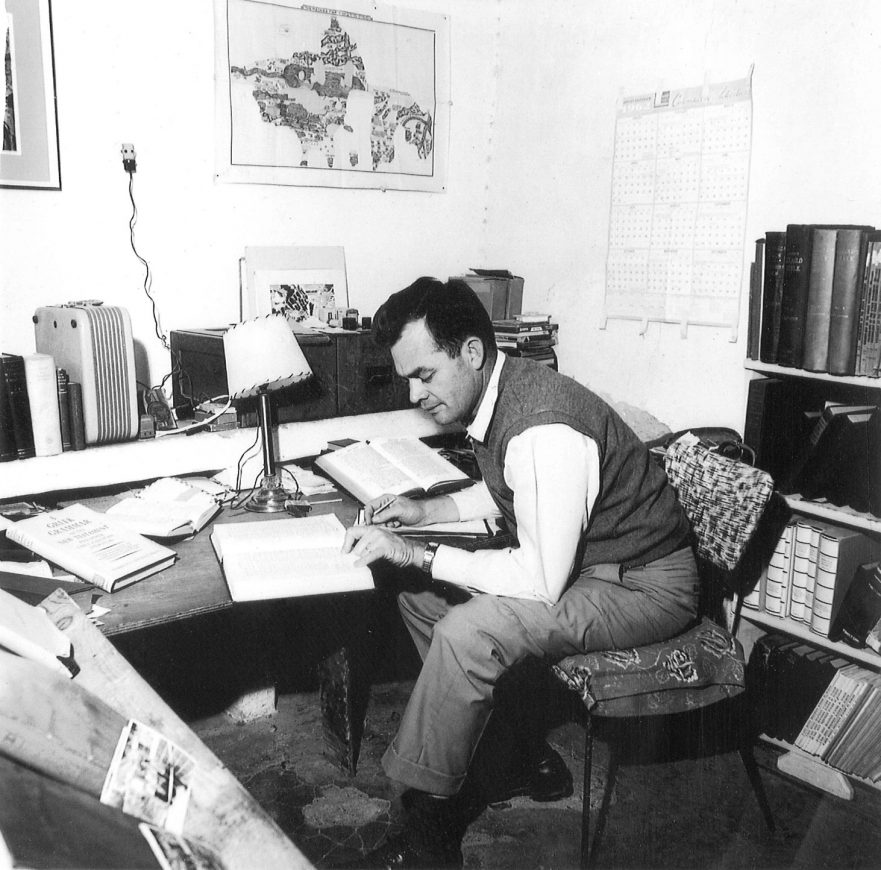
Dr. Lindsey was not content merely to preach about the Kingdom, he practiced it.
The Writings of Robert L. Lindsey

Despite Dr. Robert L. Lindsey’s workload as the full-time pastor of a Baptist congregation in Jerusalem, Israel, Lindsey wrote eleven books and booklets (including his monumental, three-volume A Comparative Greek Concordance of the Synoptic Gospels) and thirty-one articles.
Blessed Be the Faithful Judge!
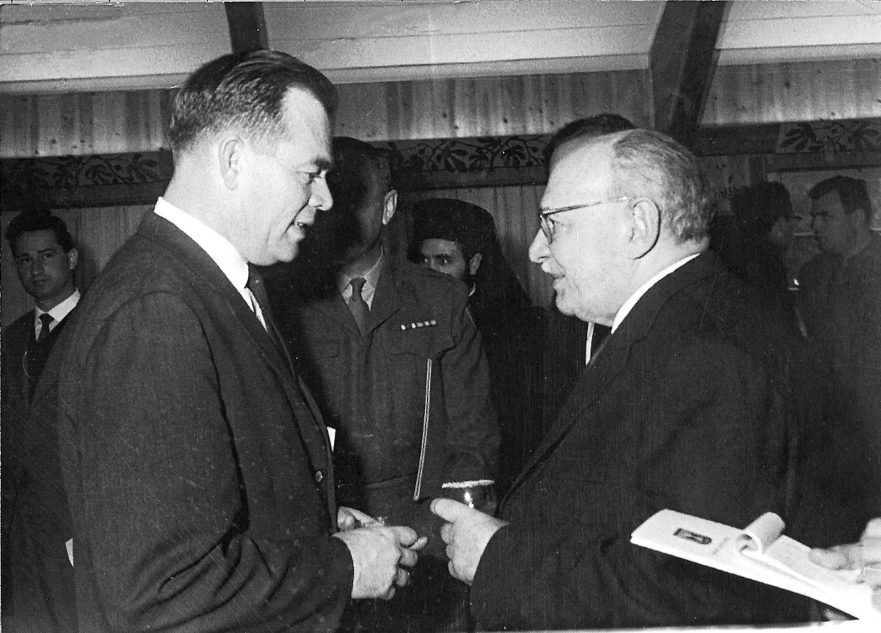
When I came to Israel in 1963 to begin graduate studies at the Hebrew University of Jerusalem, Dr. Lindsey was 45 years old. He and his family had moved recently from Tiberias to Jerusalem. It had been in Tiberias, beside the Sea of Galilee, just 18 months before, that he had stumbled upon the key to the synoptic problem’s solution: Luke’s Gospel was written before Mark’s.
Beating the (Thorny) Bushes
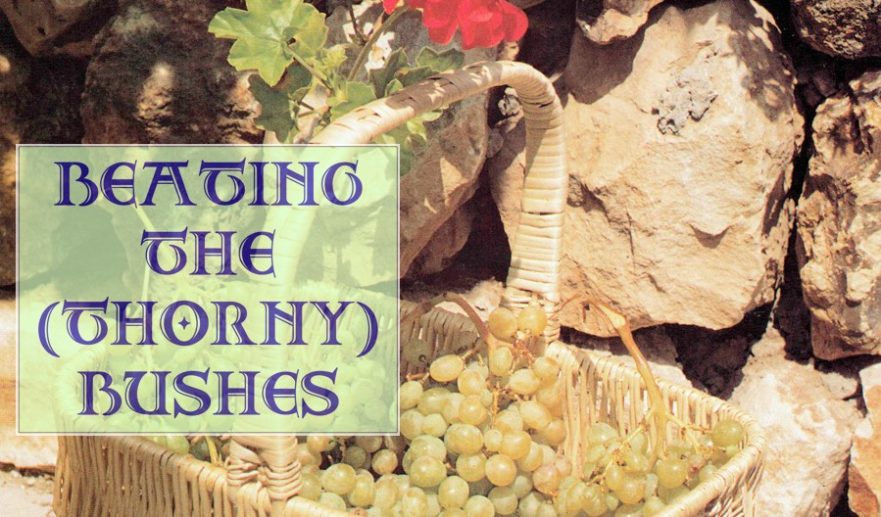
Bushes, thistles, briars and brambles are a thorny subject for English translators and expositors of the Hebrew Bible. It seems that the Greek writers of the Gospels did not have a soft time with them either.
Six Stone Water Jars

In 1969, large stone containers were unearthed in the Jewish Quarter excavations in Jerusalem’s Old City. “What were these vessels used for?” the archaeologists asked. The Gospel of John provided the answer.
Why I Am a Member of the Jerusalem School
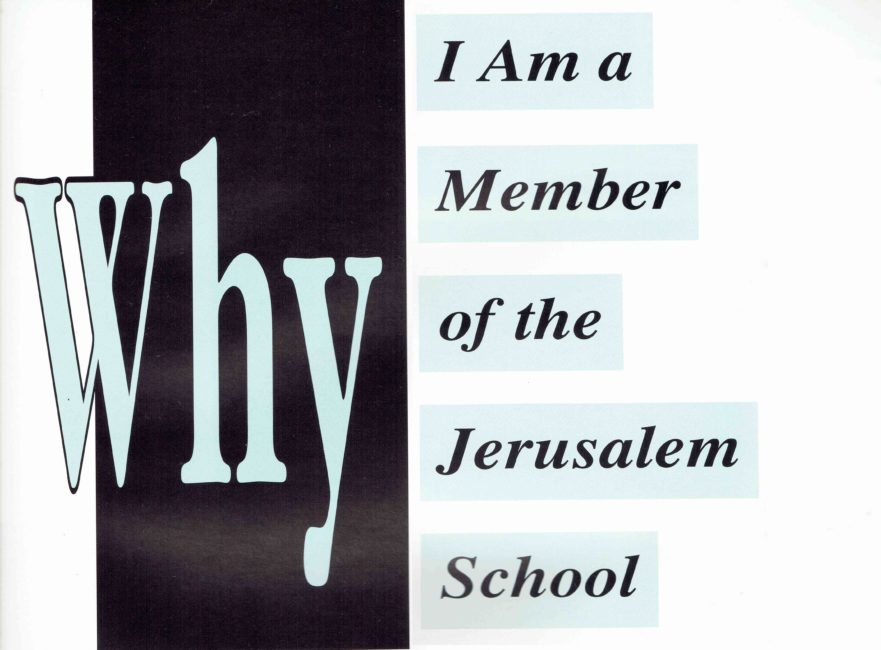
The appeal of the Jerusalem School of Synoptic Research lies in the potential of its research methodologies to make the words and claims of Jesus clearer.
The Power of Parables
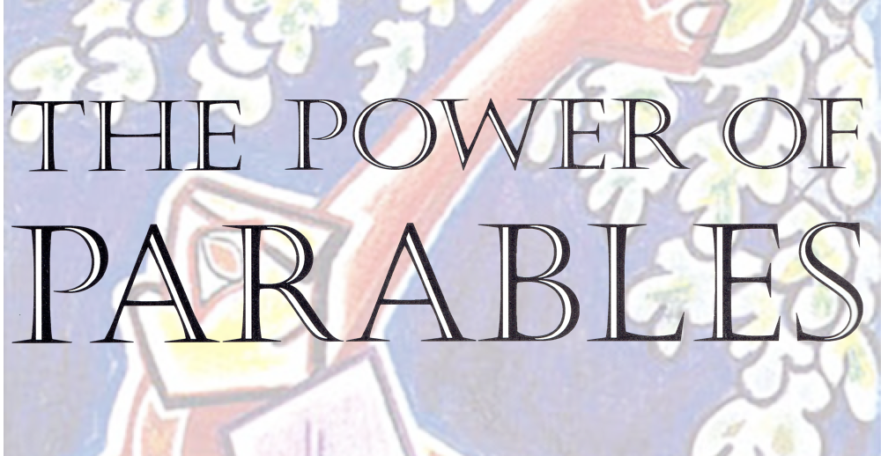
Jesus was a master teacher. Therefore, it is significant that he relied heavily on parables. What is it about parables that makes them so moving and memorable?
Lilies of the Field
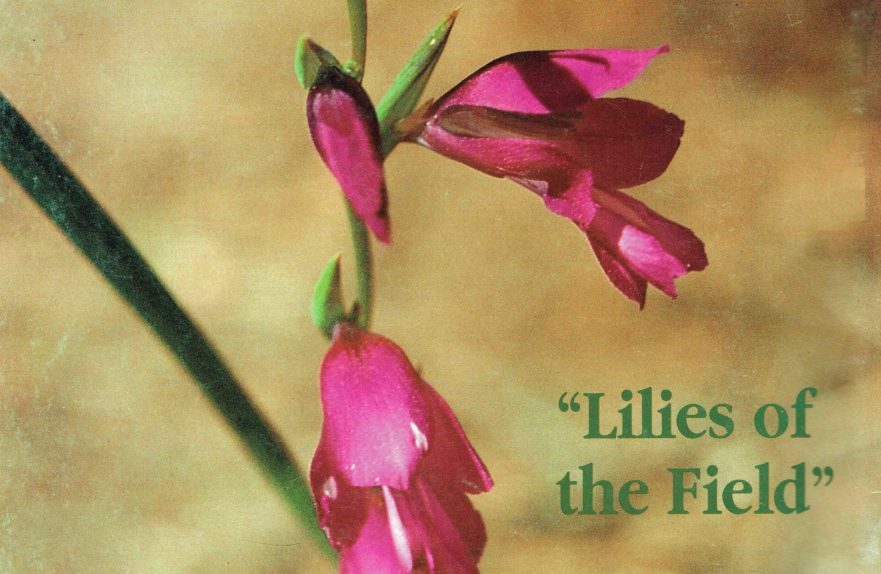
In his Sermon on the Mount, Jesus mentioned “lilies of the field.” Tulips, poppies, daisies and other wildflowers have been suggested as candidates for “lilies of the field.” In this photo essay we discover the subtleties of his message about these beautiful, short lifespan flowers.
Matthew 16:18: The Petros-petra Wordplay—Greek, Aramaic, or Hebrew?
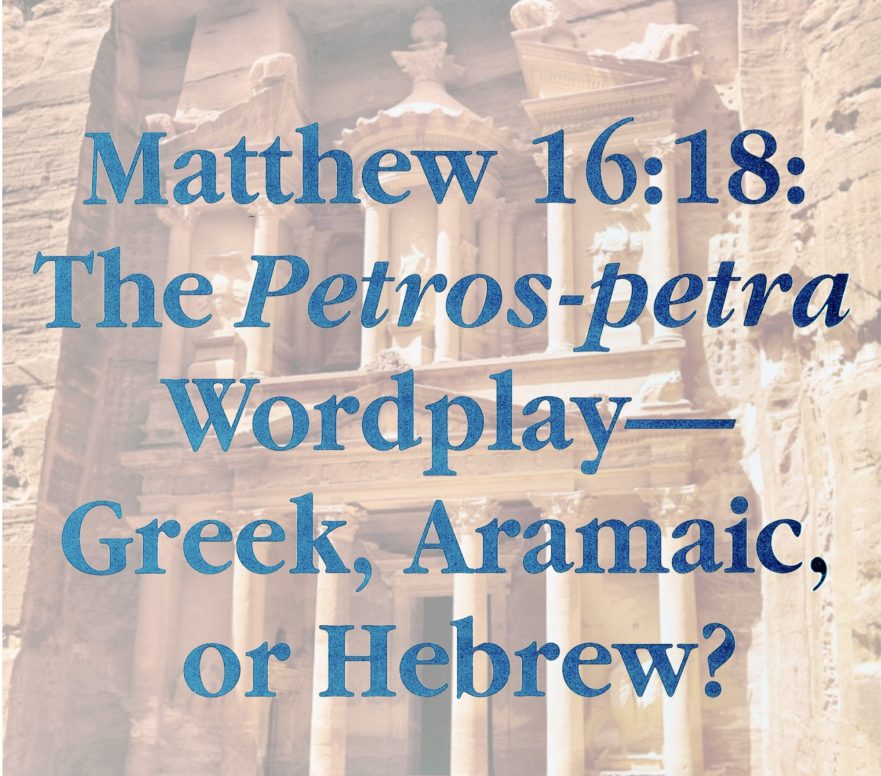
The pinnacle of the gospel story may be Jesus’ dramatic statement, “You are Petros and on this petra I will build my church.” The saying seems to contain an obvious Greek wordplay, indicating that Jesus spoke in Greek. However, it is possible that “Petros…petra” is a Hebrew wordplay.
The Right to Reign
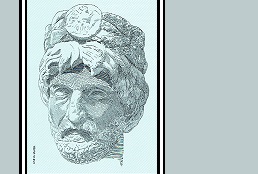
Biblical and post-biblical genealogies are more than simple pedigrees, yet the wealth of their content is couched in such plain and uninviting format that many of us simply skim them. In this article you will discover how exciting such genealogies can be.
Remember Shiloh!
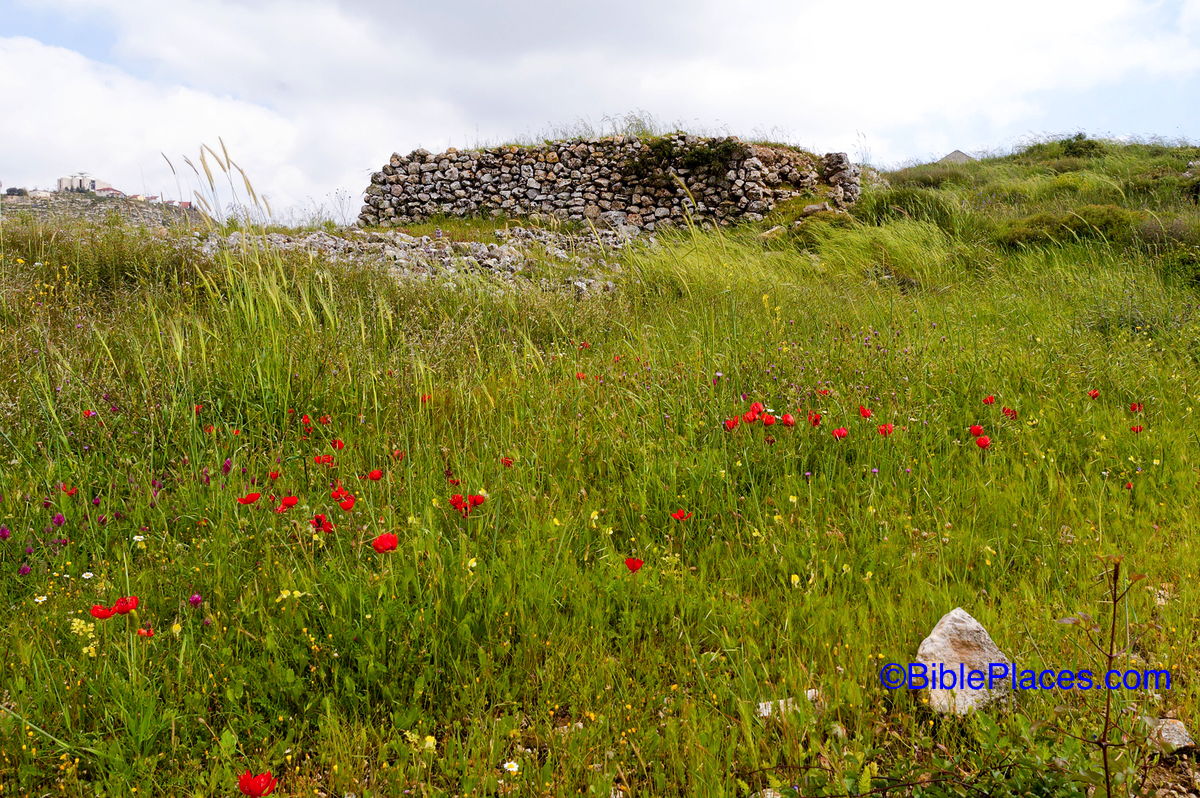
Without paying attention to ancient Jewish exegesis one can easily miss the full impact of Jesus’ statement, “den of thieves.” Was Jesus solely addressing the vendors, or was he aiming at bigger game?
Hospitality: Heritage of the Church
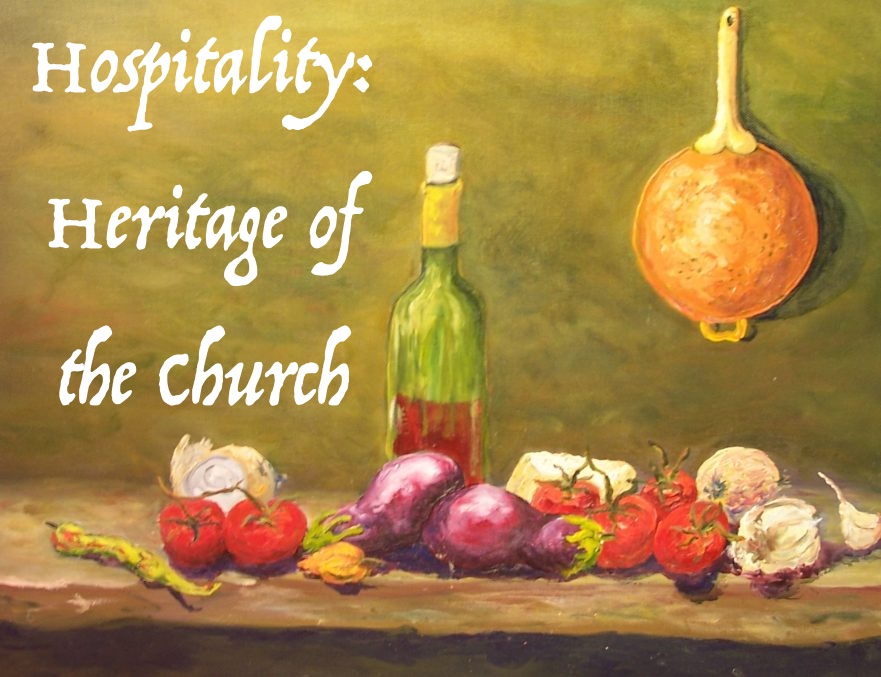
Hospitality, charity and visiting the sick were priorities in the teaching of Jesus and other sages of his day. In the following article, Dr. Marvin Wilson highlights for Christians the importance of hospitality.
Jesus’ Attitude to Poverty
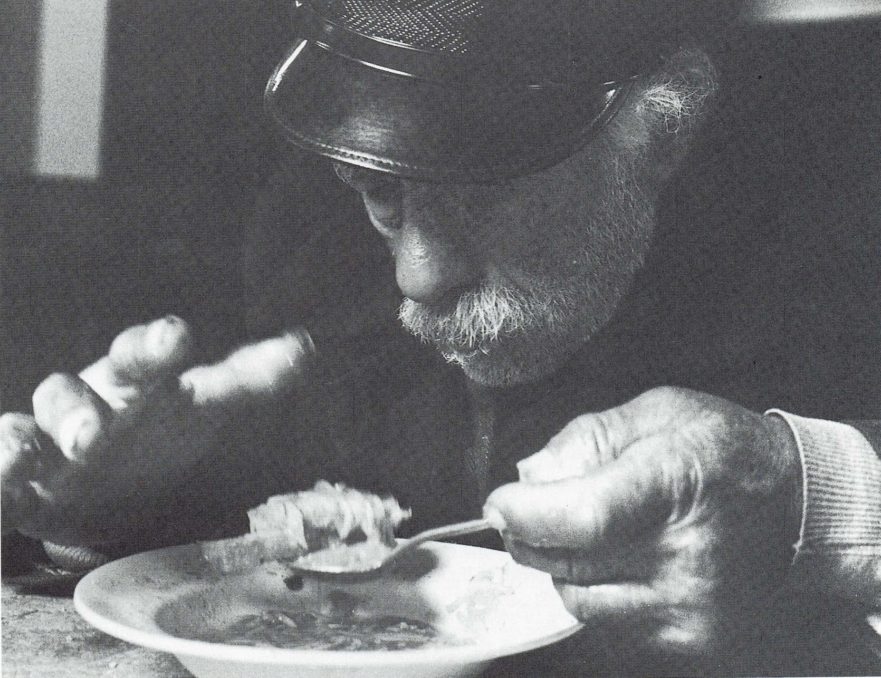
In light of Jesus’ demand of the rich young ruler to relinquish his entire fortune, one might assume that Jesus demanded this of every disciple; however, it is not certain that Jesus viewed poverty as the ideal state.

